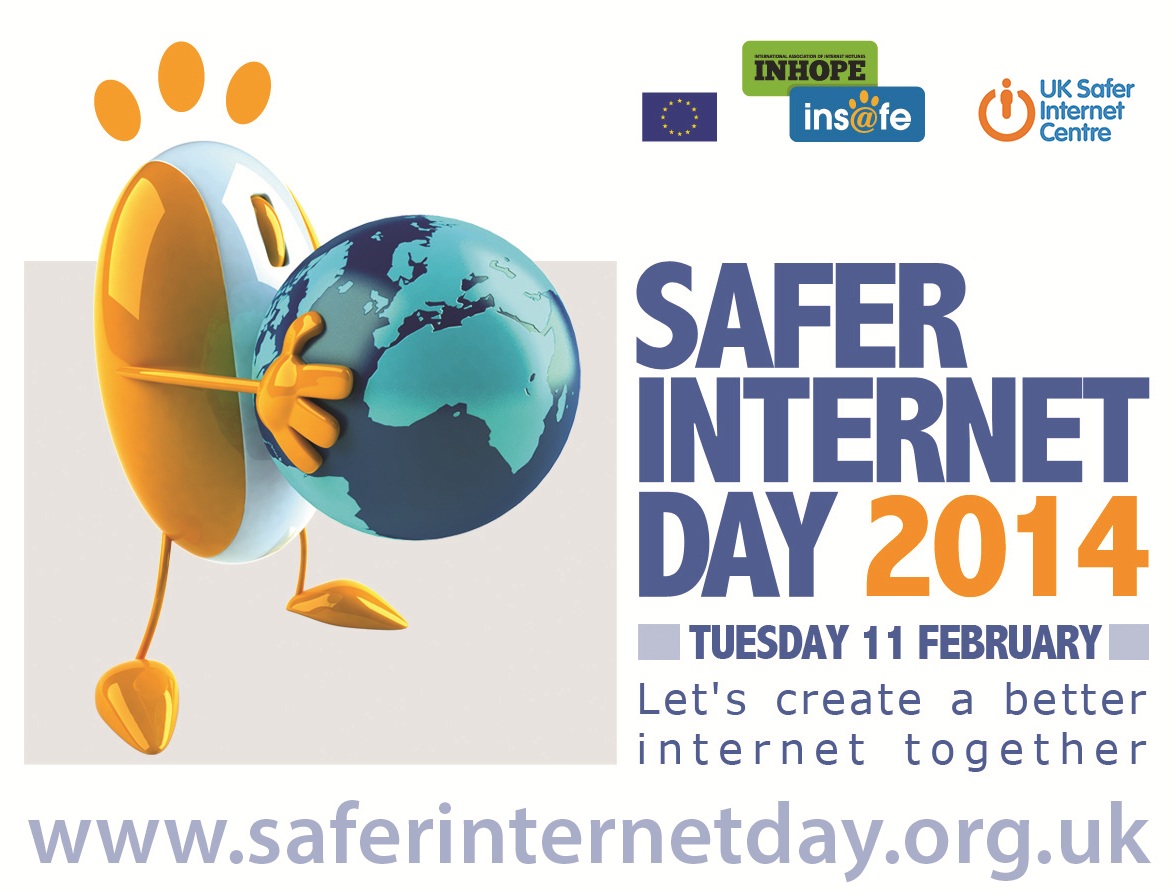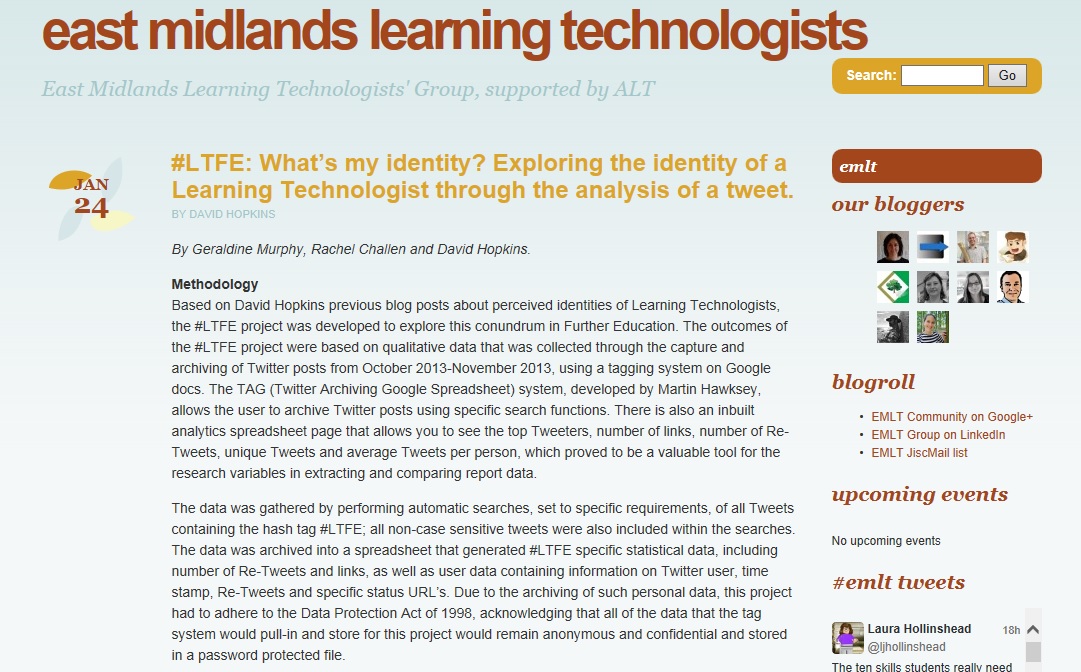Lecture Capture at Loughborough College
Lecture capture has arrived! The eLearning team have just launched a project to embed Lecture Capture pilots across all departments. More information on the projects and outcomes to follow…. Lecture capture is a system which records a video of the tutor whilst also recording anything that is …





